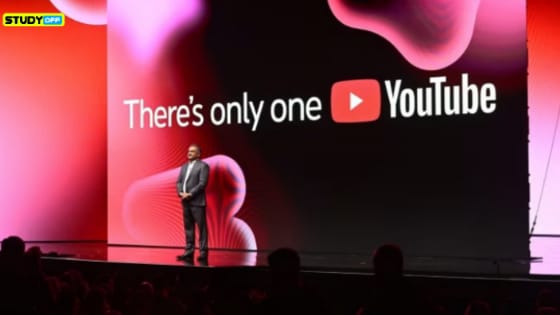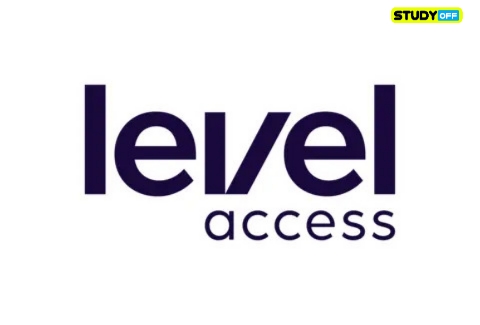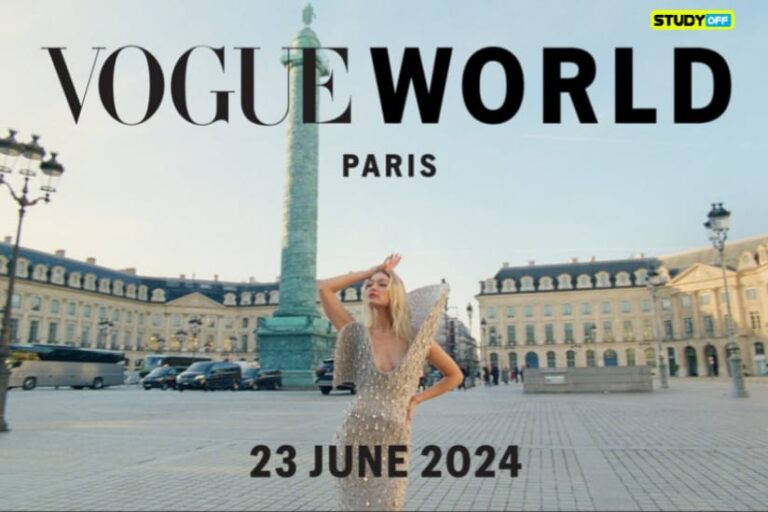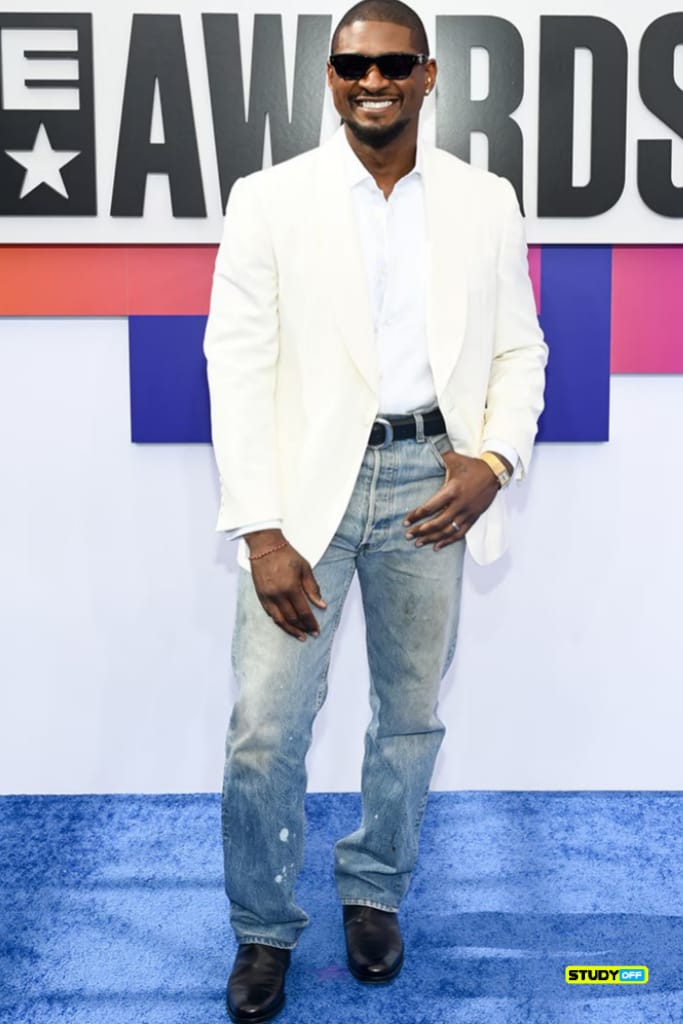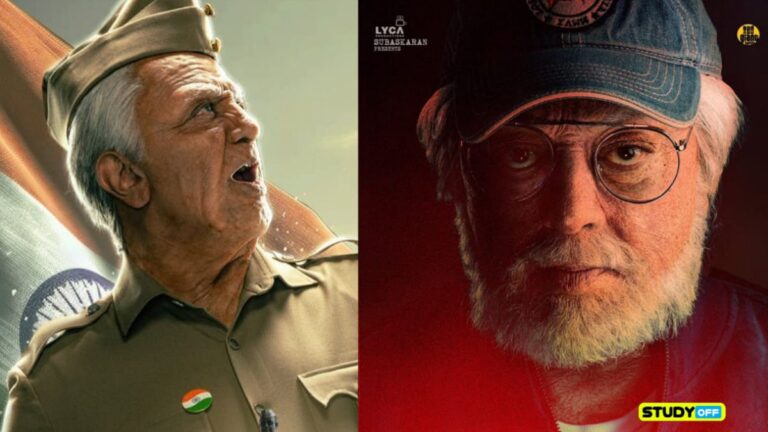Record labels and YouTube are negotiating about an AI music deal.
As the industry struggles with the legal and creative implications of artificial intelligence, licencing agreements take place.
Following a restricted test of its “Dream Track” tool last year, YouTube plans to expand its AI music initiative. © Getty Images/Noam Galai for YouTube Record labels and YouTube are in discussions over an AI music deal on X (opens in a new window). Record labels and YouTube are negotiating over an AI music deal on Facebook (opens in a new window). Regarding an AI music deal on LinkedIn, YouTube is in discussions with record companies (opens in a new window) Save your current work. 80 percent In New York, Anna Nicolaou, and in London, Madhumita MurgiaJUNE 26, 2024, 135 Print this page.
Get the Editor’s Digest for nothing. The FT’s editor, Roula Khalaf, chooses her best stories for this weekly newsletter. In an attempt to persuade a cautious industry with upfront payments, YouTube is in talks with record labels to licence their songs for artificial intelligence systems that replicate the sound of well-known musicians. According to three people familiar with the situation, the Google-owned video website needs labels’ content in order to train AI song creators lawfully as it gets ready to release new tools this year. According to multiple individuals informed on the discussions, the business has lately made lump sum compensation offers to the major labels, Sony, Warner, and Universal, in an effort to get more musicians to consent to their music being used to train AI software.
Still, a lot of musicians are adamantly against AI music generation because they think it will diminish the value of their creations. Any attempt by a label to coerce its stars into this kind of arrangement would spark intense controversy. “The industry is having difficulty with this. Although the firms technically own the copyrights, we still need to consider how to play it, a representative of a major record label stated. “We wish to avoid being viewed as backward.” A generative AI tool that allows users to make short music videos by typing in prompts was tested by YouTube last year. Originally called “Dream Track,” the product was made to mimic the vocal style and sound of popular artists.
However, Dream Track was only made available to a select few creators, and only ten artists—including Charli XCX, Troye Sivan, and John Legend—agreed to take part in the test phase. According to two of the insiders, YouTube plans to sign up “dozens” of artists in order to launch a new AI song generator this year. YouTube stated: “We are in talks with labels about other experiments, but we are not looking to expand Dream Track.”
YouTube is looking for new partnerships at a time when AI firms, like OpenAI, are licencing their huge language model training systems to media organisations, so these companies can power AI products like the ChatGPT chatbot. According to insiders, media corporations stand to gain tens of millions of dollars from some of those transactions. In music, the agreements being discussed would be distinct. Those briefed on the conversations said that these would not be general licences, but rather relate to a specific set of artists.
The labels would be responsible for persuading their artists to take part in the upcoming ventures. That implies that it is currently unknown how much YouTube will ultimately be ready to pay the labels. According to these experts, the agreements would resemble one-time payments made by social media giants like Meta or Snap to entertainment organisations in exchange for music rights, rather than the royalty-based contracts that record labels have with Spotify or Apple. Though it is unlikely to use the Dream Track name, YouTube’s new AI tool may be incorporated into its TikTok-competitive Shorts platform. As per the people, discussions are ongoing and the parameters of the contract may possibly vary. The major record labels filed a lawsuit against Suno and Udio, two AI start-ups, on Monday, claiming that they are utilising copyrighted music unlawfully to train their AI models. This is when YouTube took its most recent action. According to the documents, a group representing the music industry is requesting “up to $150,000 per work infringed.”
Attempting to stay ahead of disruptive technology this time around, music firms are attempting to avoid extinction after Napster’s ascent in the 2000s. The labels are eager to work with licenced products that pay for the usage of AI to make music that adheres to their copyrights. According to a person with knowledge of the situation, Sony Music, which was not included in the initial round of YouTube’s artificial intelligence experiment, is in talks with the tech firm to allow the new tools to access some of its music. According to these insiders, YouTube and Warner and Universal, whose artists took part in the test phase, are in discussions about growing the offering. An open letter was signed in April by over 200 musicians, including the estate of Frank Sinatra and Billie Eilish.”As we develop for the future, we’ll keep using AI and music in this way. AI: a boon or a bane for mankind? | FT Tech The Financial Times Limited 2024 All rights reserved. All rights reserved. Use this content again (new window opens)RemarksGo to the section with comments.

